Amenorrhea Symptoms, Causes and Homeopathic Treatments
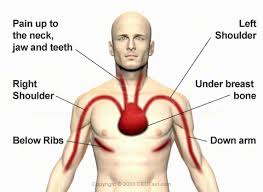
What is Angina and How it is Treated in Homeopathy?
February 24, 2015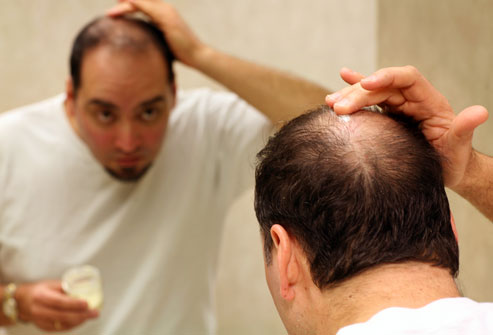
Hair Falling Symptoms, Causes and Cure in Homeopathy
March 13, 2015Definition
Amenorrhea is the condition when the menstrual cycle does not occur in women. Amenorrhea is of two types. It may be primary as well as secondary.
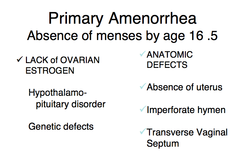
Primary Amenorrhea: When a girl or woman has not started her menstrual period after puberty, the condition is called Primary Amenorrhea. In this condition, the girl is older than 15 years and has gone through all other changes that normally happen after puberty.
Secondary Amenorrhea: A woman who had normal menstrual cycles before and suddenly the menstrual cycles were absent, the condition is referred to as secondary Amenorrhea.
Natural Amenorrhea
Please note that the absence of the menstrual cycle also occurs during pregnancy and menopause. It is a normal natural phenomenon and should not be confused with Amenorrhea.
What are the Symptoms of Amenorrhea?
Although the absence of the menstrual cycle is thought to be the key symptom of delay periods, however, there are also a few more symptoms as well that can give you the hint about amenorrhoea. Some of the main symptoms may include:
- Changes in the size of the breast
- Gaining or losing the weight
- Milk discharge from the breast
- Acne problem
- Pelvic pain
- A sudden increase in the growth of body hair
- Vaginal dryness
- Vision changes
- Voice changes
- Headache
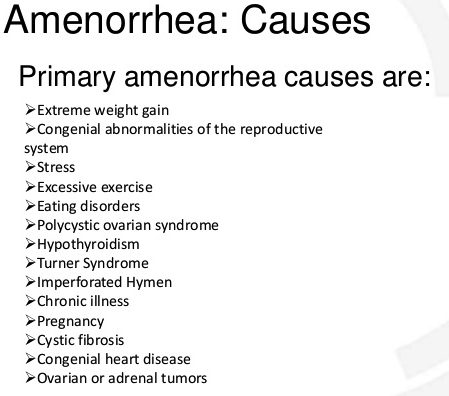 What Causes Amenorrhea?
What Causes Amenorrhea?
There are several causes in females. Some of them may be a part of routine life, however, a few cases might be due to the side effects of medicines or because of certain medical issues.
Contraceptives: The females who use birth control medicines may experience this condition. Even if they stop taking those pills, it might take some time to regulate the natural cycle of periods. Similarly, the women who get the injections of contraceptives might also disturb the menstrual cycle.
Medicines and pills: There are some specific medicines and pills that may be quite harmful to your natural menstrual cycle and using those medicines at regular intervals may cause you amenorrhea. Some of those medications include:
- Antipsychotics
- Cancer chemotherapy
- Antidepressants
- Blood pressure medicines
- Allergy drugs
Lifestyle Factors: At times the lifestyle plays a key role in developing amenorrhea, some of these factors are as follows:
- Low body weight
- Too much exercise
- Getting in stress
Other Reasons: In addition to the causes given above there are some other causes as well that may lead a woman to amenorrhea, that may include:
- Uterine scarring
- Lack of reproductive organs
- Structural malfunctioning of the vagina
How Amenorrhea is Diagnosed?
Your medical health provider would advise conducting a few tests to diagnose Amenorrhea:
First of all, he would like to take your blood test to check the level of the hormone secreted by your pituitary glands and the ovaries. He might also ask you for the Ultrasonography of the pelvis to determine whether there is any abnormality in your genital tract or not besides he would also want to look for polycystic ovaries. Your doctor would then ask you for a CT scan or MRI of your head.
If the above tests don’t draw a clear picture and the doctor is unable to conclude anything, then he would possibly go for some additional tests such as:
- Thyroid working tests
- Checking the prolactin levels
- Hysterosalpingogram or saline infusion sonography (SIS)
- Hysteroscopy (visual check-up of your uterine cavity)
Treatment of Amenorrhea in Homeopathy
Several medications can be helpful for the treatment of cease menses. Some of them are as follows:
- Calcarea carbonic
- Ferrum metallicum
- Sepia
- Pulsatilla
- Asoka
- Senecio
- Graphitis
Please note that this condition can be cured completely using homeopathic medicines without any side effects or other complications. By taking regular medicines from an expert homeopathic doctor you will see improvement in your condition within few weeks.

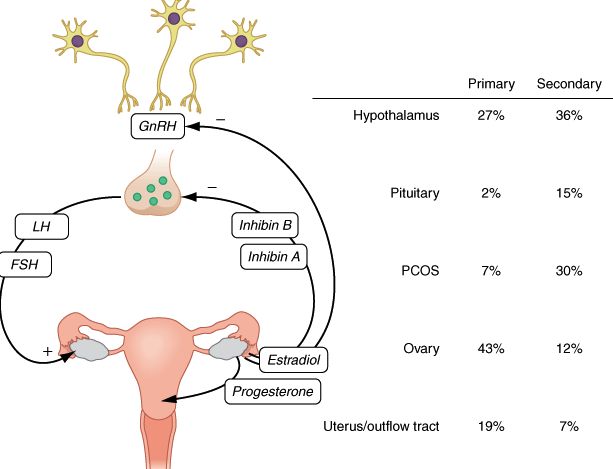
1 Comment
AOA dr.sab ursa 6 months sy mugy need ni ati na din ku or rat ku rat 2 bajy tak jakta rehta hu or pher table lexzotinal 3mg lata hu us ka bad beh 2 or 3 ganty need ati hi phely kabi asy na tha kaser ukat meda distub rehta hi zban or moh me chaly pery hoty hi sath shdeed jalan hoti hi dil or dmak persan rehta hi dost puchty hi ka tumhy koi problems hi chery saf zahr hota hi. dr.pl ap medicines recomend ker dy his say pur sakoon need ai or time per. lexzontinal khany say soba sir bhry bhry rhta hi.